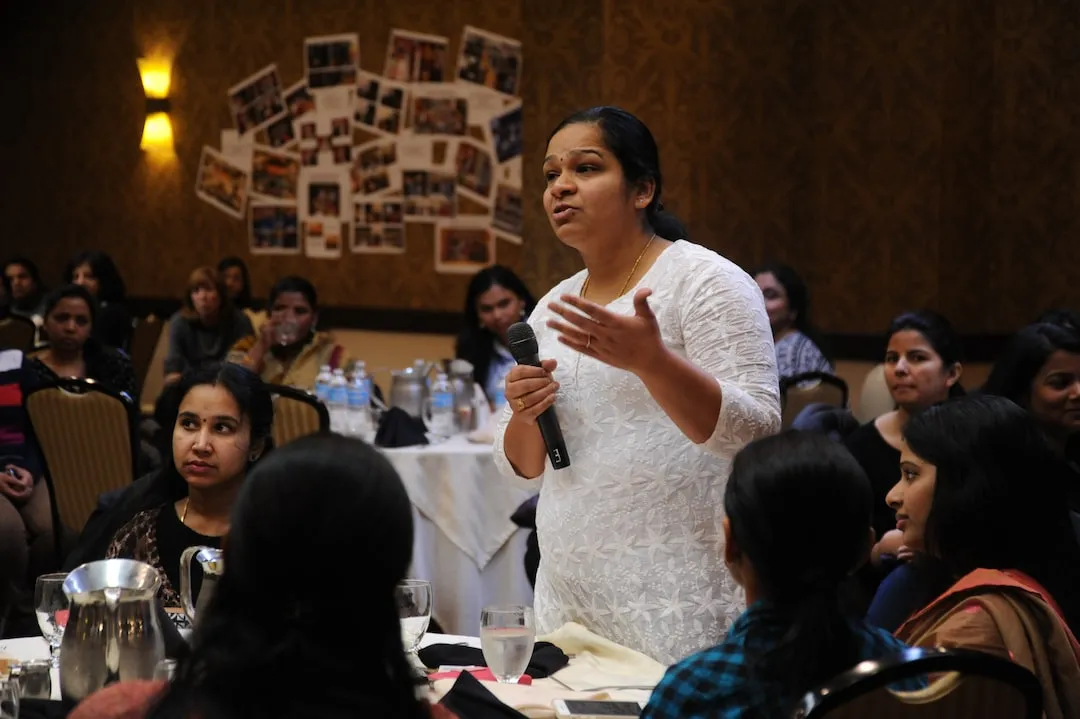Navigating Unsolicited Advice: Your Approach as New Parents
Navigating through unwanted parenting advice can be a challenge. We asked five leaders, including business owners and CEOs, for their effective strategies. From handling advice with finesse and gratitude to a direct approach to unwanted advice, here are their recommendations for taking a skillful approach to refuse advice.
- Handle Advice with Finesse and Gratitude
- Balance a Gracious Yet Firm Approach to Advice
- Listen and Keep an Open Mind
- Maintain a Respectful Yet Assertive Approach
- Take a Direct Approach to Unwanted Advice
Handle Advice with Finesse and Gratitude
Handling unwanted parenting advice from well-meaning individuals requires finesse. First, it’s crucial to stay calm and polite, avoiding defensive or confrontational reactions. Actively listen to their advice, expressing gratitude for their concern. Politely assert your autonomy by acknowledging your parenting choices, saying you’ve chosen an approach that works best for your family.
Set boundaries firmly but politely, making it clear you’ll seek advice when needed. If the advice persists, change the subject or use humor to deflect tension. Seek support from trusted individuals, and remember your confidence as a parent.
Ultimately, trust your instincts and decisions for your child while respecting others’ intentions.
 Phoebe Mendez
Phoebe Mendez
Owner, Pinay Mama
Balance a Gracious Yet Firm Approach to Advice
Navigating unwanted parenting advice from well-meaning individuals can be delicate, and in my experience, I’ve developed an effective strategy: a gracious yet firm approach.
From my perspective, I usually initiate the conversation by acknowledging their good intentions and expressing gratitude for their advice. However, if the advice doesn’t align with my parenting choices or boundaries, I gently steer the discussion in a different direction.
Using phrases like “I appreciate your perspective, and I’ll certainly consider it,” or “Thank you for your input, but our family has chosen a different approach,” strikes a balance between courtesy and assertiveness. This approach respects their viewpoint while reaffirming my parenting decisions, fostering understanding, and preserving harmony.
 Carl Panepinto
Carl Panepinto
Marketing Manager, Easy Allied Health
Listen and Keep an Open Mind
Have you heard that song “Everybody’s Free (To Wear Sunscreen)” by Baz Luhrman? There’s a part in it about how people give advice. The phrase basically means to watch out for the advice you take, but be kind to those who give it. Giving advice is like looking back at old memories, fixing up the bad parts, and sharing it as if it’s golden. This is often thought of when situations like unsolicited parenting advice arise.
Parents should remember this when people give you advice on parenting without asking. Most times, they believe they’re being helpful. It might feel like an attack and the instinct might be to react, but it’s good to just listen. Just breathe and hear them out, even if you decide to ignore it later. Even if they’re being too nosy, a helpful tip could still be picked up.
 Chris Burgess
Chris Burgess
Project Lead, EuHu by Findel
Maintain a Respectful Yet Assertive Approach
Handling unwanted parenting advice from well-meaning individuals involves maintaining a respectful, yet assertive, approach. When faced with such advice, the intention to help is acknowledged and kindly express your own perspective and boundaries. Something like, “I appreciate your concern and advice. I’ve chosen a parenting approach that works best for my family, but I’m always open to hearing different viewpoints.” might be said.
This response conveys gratitude, asserts autonomy as a parent, and leaves room for constructive dialogue if the individual insists on discussing the topic further. It fosters a balanced and respectful exchange of ideas while preserving parenting choices.
 Aviad Faruz
Aviad Faruz
CEO, Know Mastery
Take a Direct Approach to Unwanted Advice
I say something to the effect of, “We do things differently in our house.” Or, depending on the person and situation, I might close down their advice with a one-word answer. Either way, it’s a subtle nudge to them that they’ve overstepped boundaries and reminds them they’re not always right. I don’t have to call direct attention to the fact that I’m uninterested in what they’re saying, nor do I feel the need to engage with them further.
 Alli Hill
Alli Hill
Founder and Director, Fleurish Freelance
Submit Your Answer
Would you like to submit an alternate answer to the question, “How do you handle unwanted parenting advice from well-meaning individuals? Share a strategy you’ve found effective in managing such situations.”
